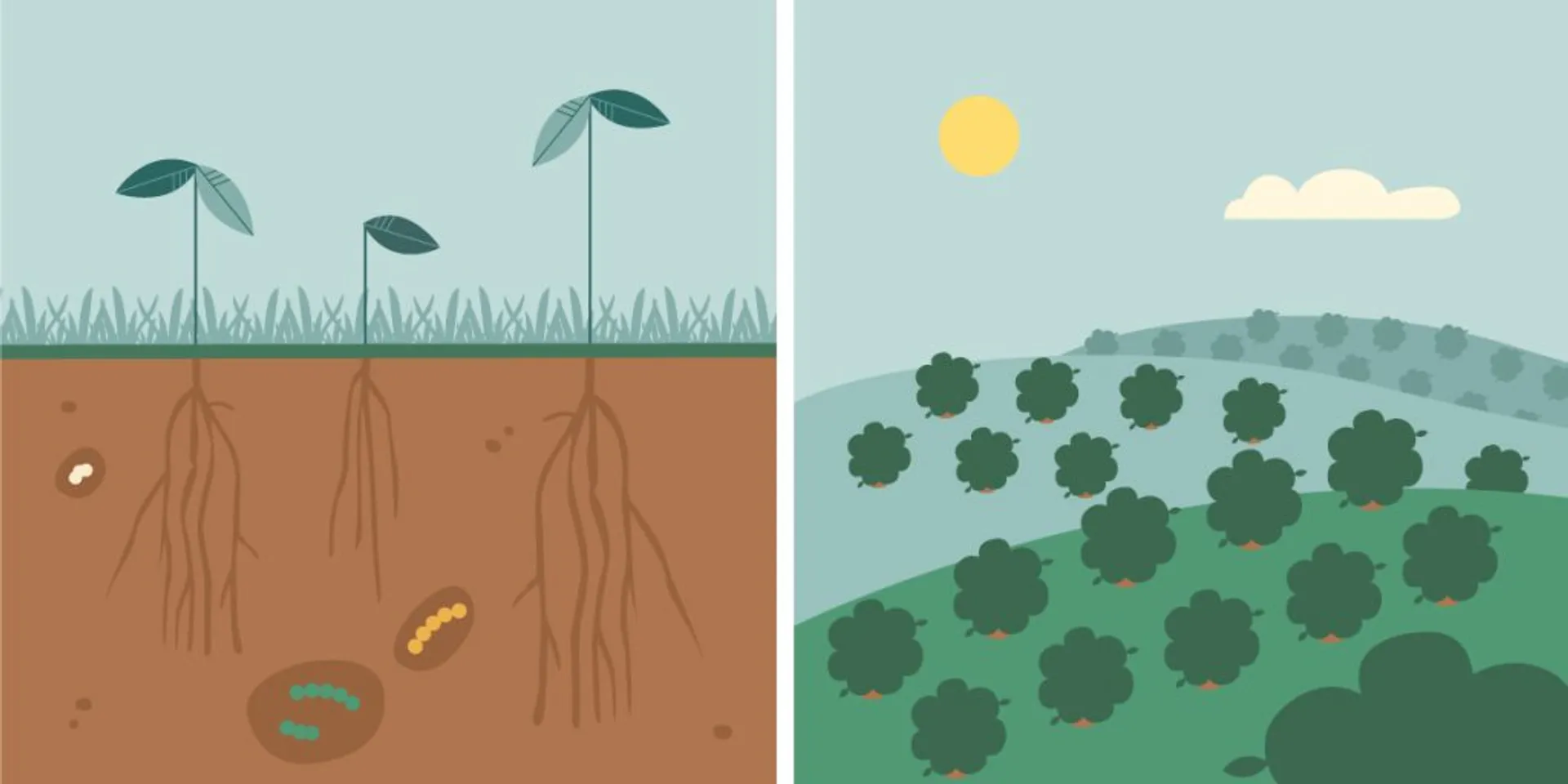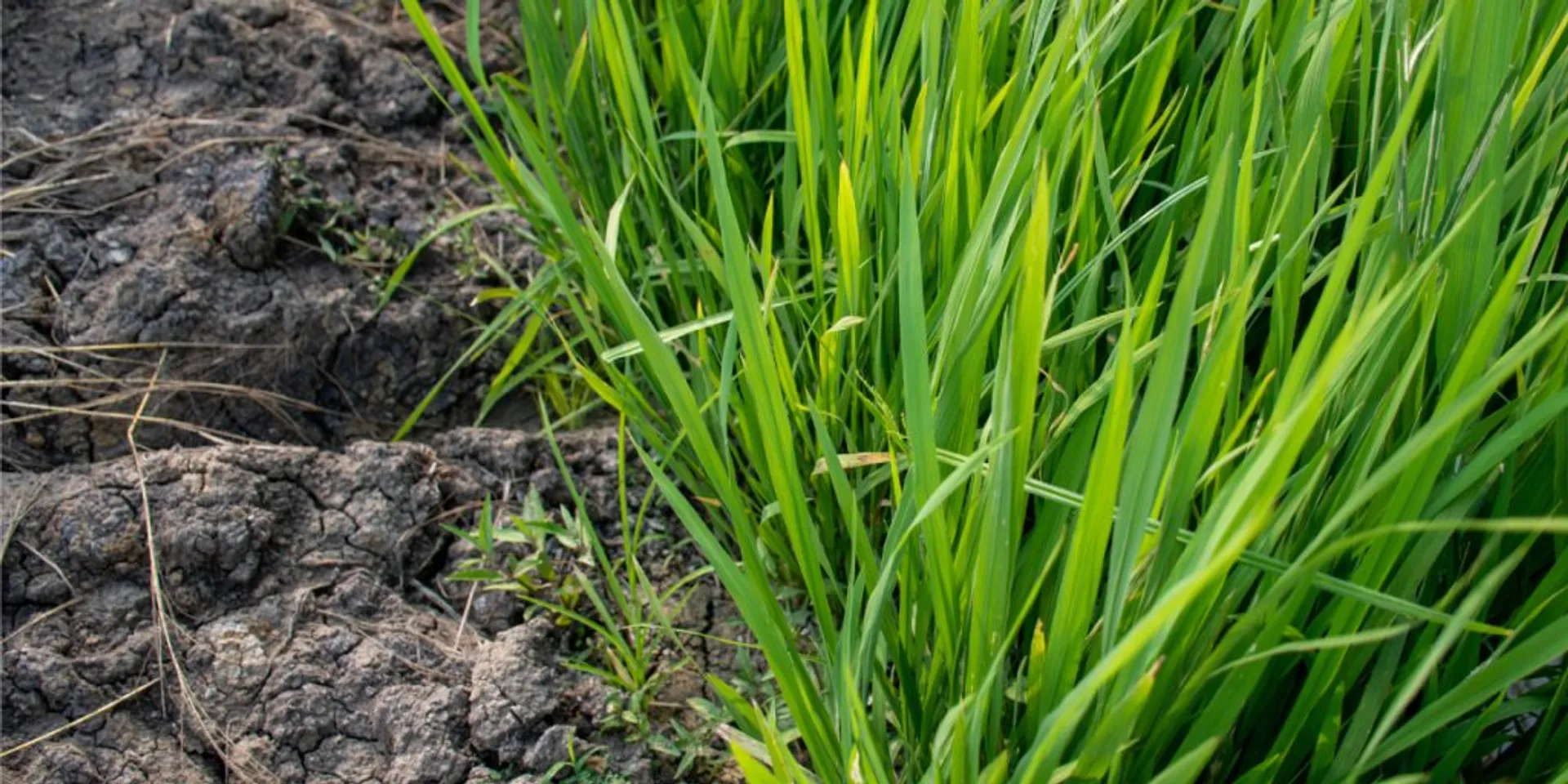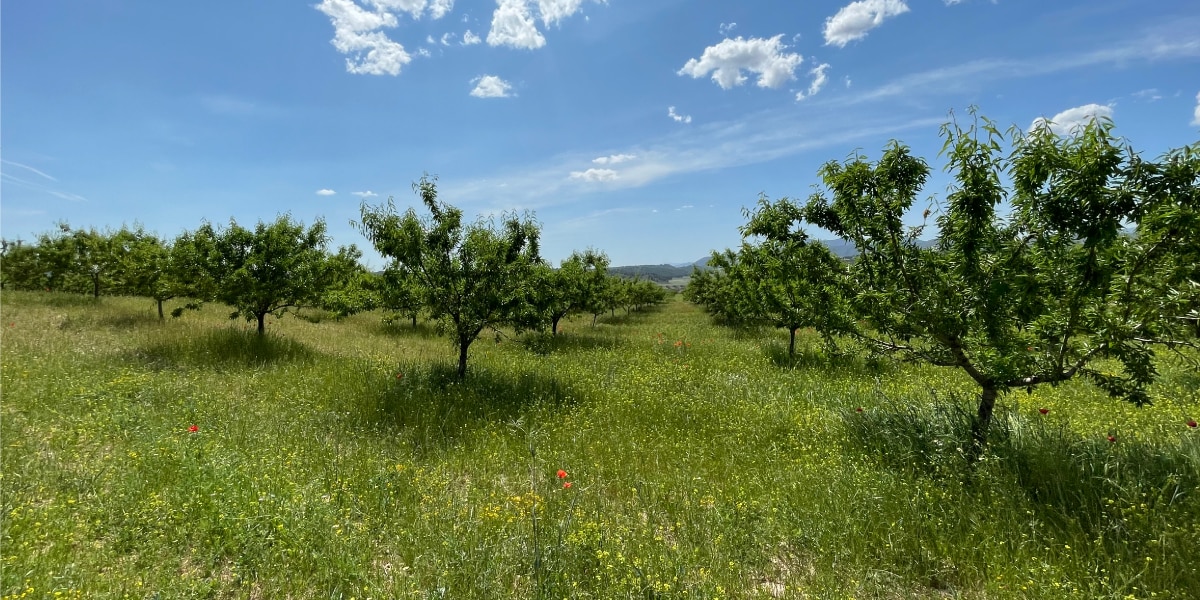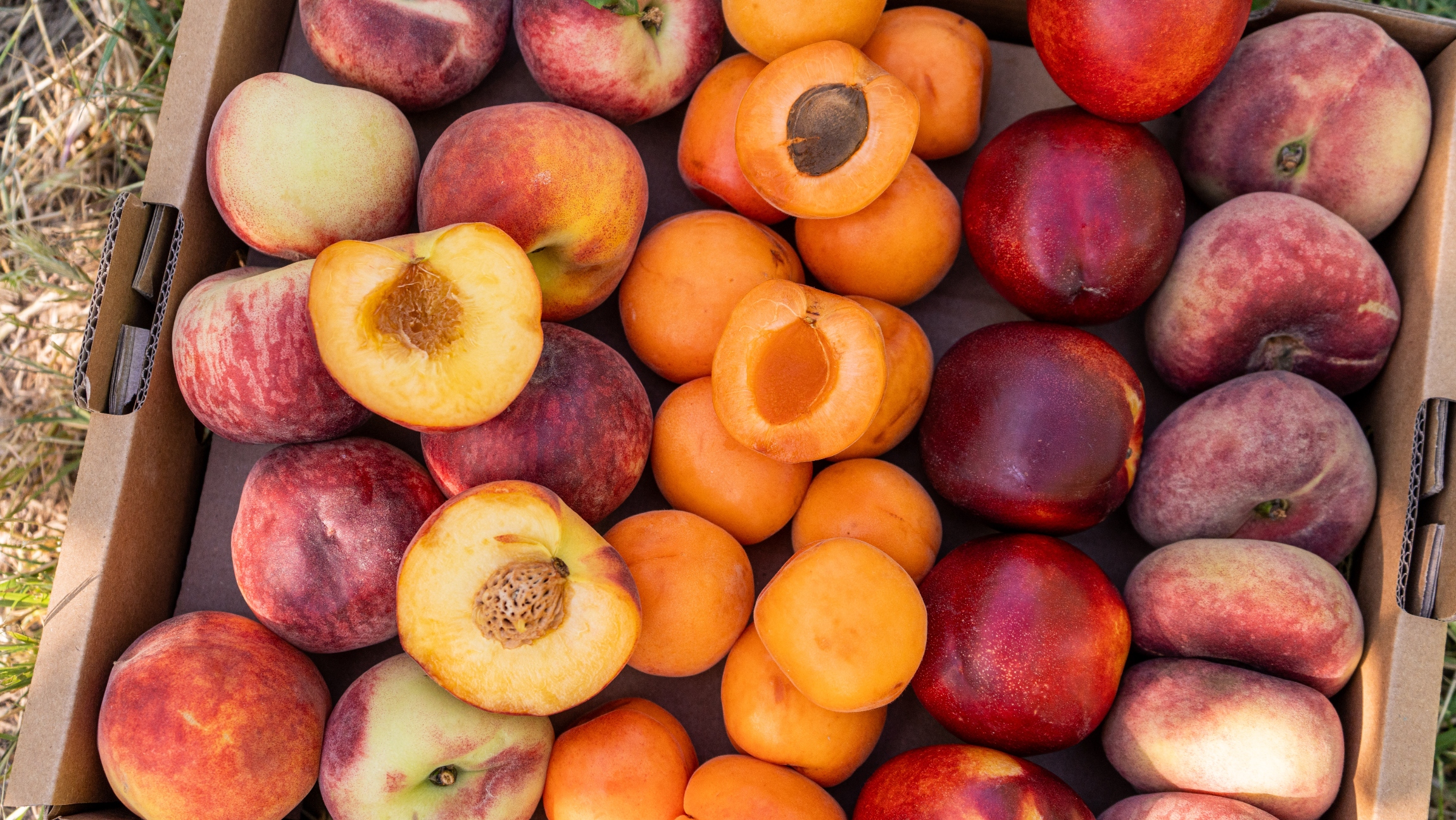There is ongoing debate regarding the definition of regenerative agriculture what it is and what it is not. At CrowdFarming we have decided to position ourselves to support it as a method that adheres to the sustainability principles we uphold.
Is regenerative agriculture necessarily organic farming?
In Europe, there are farmers using synthetic chemical pesticides who carry out practices to regenerate the land. We defend that having an organic agricultural certification is a necessary condition for being regenerative. To be considered a regenerative farmer, you must ensure that all your practices align with the philosophy of regenerating natural resources.
Is regenerative agriculture better than organic farming?
Regenerative agriculture is, in our view, complementary to organic farming. They cannot be compared. Please be aware that while organic farming is an officially recognised label in the European Union, regenerative agriculture is not.
Regenerative farming techniques work to regenerate the environment’s natural resources in the area where they are being used. For instance, organic farming does not specify what to do if a farm’s well’s water level is dropping yearly. Regenerative practices will look for ways to keep or raise the water table and retain water.
Organic farming does not regulate how often the ground can be ploughed or whether aromatic plants should be planted to attract pollinators. These are costly practices that regenerative farmers develop in an effort to rebuild their ecosystems.

Is conventional agriculture making farms less fertile?
We know that this is a sensitive issue on which we wanted to formulate an opinion, not wanting to offend any farmer, but seeking a transformation in the food industry which is what we founded CrowdFarming for.
Conventional agriculture is defined as farming that regularly cultivates fields using chemically synthesised pesticides. Although not all pesticides used to eradicate weeds or exterminate pests do the same damage, their use has a detrimental effect on biodiversity. Whenever agrochemicals are applied, it is not only the pest that is at risk, but also the other fauna living in the fields. And whenever herbicides are applied to eliminate spontaneously growing plants, soil fertility is reduced.
We are aware of the rationales behind the usage of synthetic pesticides, including cost-saving measures, productivity gains, and enhanced crop aesthetics. However, these justifications consider the economic impact rather than the environmental impact.
We wanted to take a stance against synthetic chemical pesticides while supporting better income for farmers. The goal is to achieve a balanced production, taking into account the regeneration of natural resources, and ensuring that farmers receive a fair price, not to produce as much as possible at any cost.








Comments
Please note that we will only respond to comments related to this blog post.